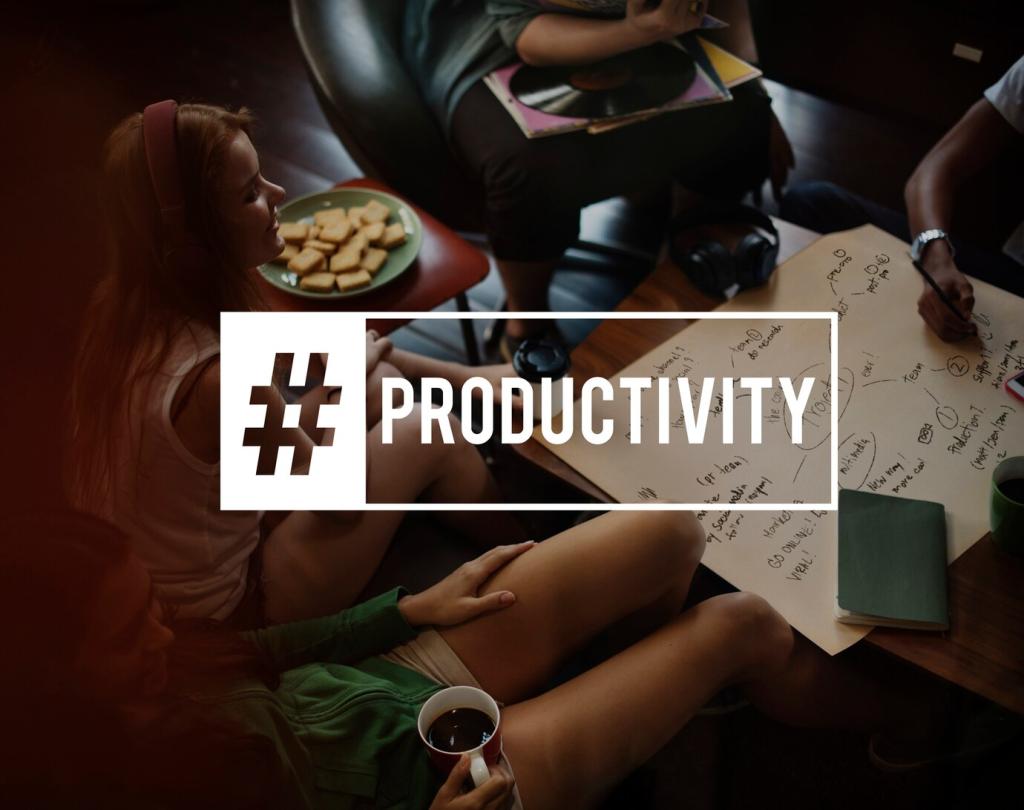Mastering the Art of Delegation: Lead with Clarity, Grow with Trust
Chosen theme: Mastering the Art of Delegation. Welcome to a practical, story-rich guide for leaders who want leverage without losing quality. We unpack mindsets, frameworks, and rituals that turn handoffs into momentum. Subscribe for weekly prompts, templates, and real-world case notes that help you delegate with confidence.
Why Delegation Multiplies Your Impact
From Solo Hero to Systems Leader
Early in my career, I spent nights perfecting every slide. Then a mentor asked, “Do you want to be indispensable, or impactful?” Delegation transformed my calendar into a factory of outcomes. Share your turning point moment in the comments today.


The Trust–Clarity Equation
Delegation fails when trust is high but clarity is low, or vice versa. Pair clear outcomes and constraints with earned autonomy. When both rise together, velocity and accountability compound. Reflect on one place your clarity could be sharper this week.
Choosing What to Delegate First
Sort your current tasks into four buckets before the week begins. Keep only what requires your unique judgment, schedule what can wait, delegate work others can own, and remove busywork entirely. Try this filter Monday morning and share your insights.
Choosing What to Delegate First
If someone can deliver the task at roughly seventy percent of your standard today, delegate it and coach the remaining thirty percent over time. Quality rises while your bottleneck disappears. Pick one suitable task now and run this exact experiment.


Matching Tasks to People
Map team members by capability and motivation. High-skill, high-will partners deserve broad autonomy; high-will but lower skill need coaching and scaffolding. Use this weekly to choose owners thoughtfully. Comment with one insight your map revealed about your team.
Matching Tasks to People
Look beyond calendars. Watch response latency, quality drift, and missed preparation cues. These subtle signals often predict overload before metrics catch up. Ask your team how they score their bandwidth from one to five, and adjust assignments transparently.
Matching Tasks to People
Great delegation grows people. Pair a challenging scope with psychological safety, clear checkpoints, and a backstop plan. Celebrate learning, not just outcomes. Invite a volunteer to own a stretch project this quarter and agree on shared success criteria together.


Briefs That Prevent Micromanagement
Explain why the work matters, who benefits, and what constraints apply before listing steps. People make better decisions when they see the bigger picture. Start your next brief with three sentences of context and notice the quality difference immediately.
Briefs That Prevent Micromanagement
Replace step-by-step directives with measurable outcomes, acceptance criteria, and deadlines. Add guardrails like budget, tone, or legal notes. This preserves creativity while protecting standards. Post a quick example in our comments to help fellow readers learn.
Follow-up Without Hovering
Start weekly with a brief fifteen-minute review focused on risks, decisions, and dependencies. If variance increases, step up cadence; if progress is smooth, step down. Codify this ladder in your team playbook and tell us how it changed your meeting load.




Mindset Shifts That Unlock Delegation
Control isn’t leadership; design is. Secure outcomes with clear briefs, visible metrics, and check-in rituals, then step back. Your job becomes designing environments where others succeed. Write one sentence that captures what you will stop doing starting today.
Mindset Shifts That Unlock Delegation
A creative director I coached insisted on polishing every line. Deadlines slipped. We shifted to a definition of done and a single revision pass. Quality held, speed doubled. Name your perfection trap and the smallest guardrail that will keep momentum moving.



